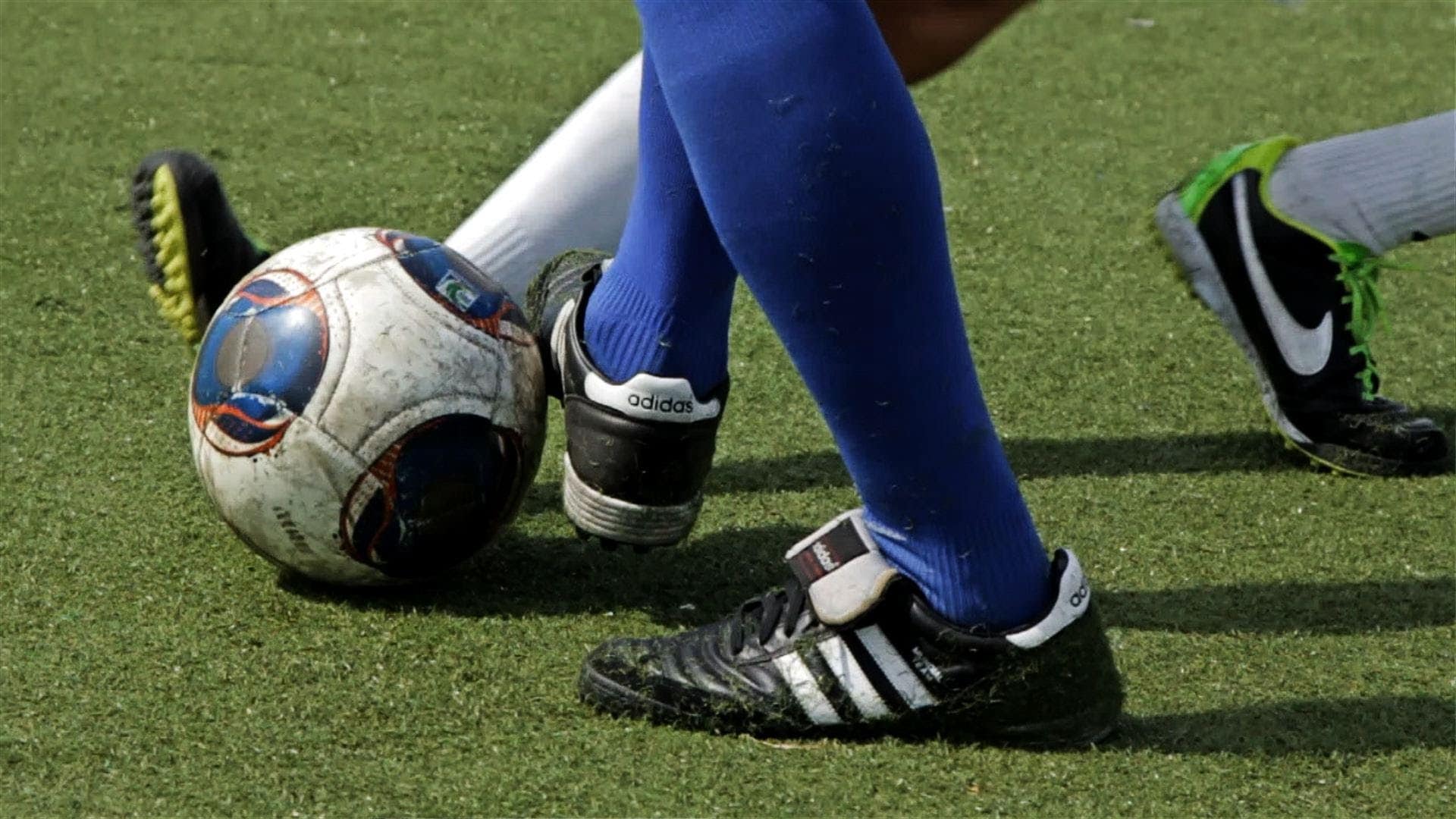The tax man is gunning for a slice of the billions of pounds paid to England’s leading soccer clubs and players.
HM Revenue & Customs has set up a special squad to probe football earnings in the belief that many are breaking the rules to avoid tax.
HMRC says 198 soccer players and clubs as well as 20 agents are under scrutiny by the Football Compliance Project.
The goal is to close a loophole that allows players a two-track tax system.
Their income from playing is taxed at personal rates – generally the additional rate of 45% – but money from image rights goes into a company and is taxed at corporation tax rates of 19%.
£329m tax recovered
If the money in the company remains untouched, the player can withdraw the cash as dividends after retirement and pay a lower personal tax rate if they no longer have substantial earnings from playing.
HMRC suspects many in the football industry are blurring the difference between earnings and image rights, leading to players paying too little tax.
Since 2015-16, the compliance project has recovered £329 million in tax.
The team’s activity is monitored by Nick Hall, at accountancy consultants UHY Hacker Young.
“HMRC’s focus on the football industry has been sharpened since a 2017 House of Commons Report concluded that tax avoidance in the sport was becoming widespread.”
Pushing the boundaries
“Raids on two Premier League clubs last year over suspected tax avoidance offences also put the tax affairs of players under the spotlight.”
“From what we are seeing, we expect many more than 198 football players to be on HMRC’s radar as these figures only relate to open inquiries. Players need to be careful as tax investigations can be hugely damaging both financially and reputationally.”
“The excessive use of image rights to avoid tax is not a problem exclusive to the UK – two high-profile players in Spain were handed suspended prison sentences in 2016 and just last month another player was given a four-month suspended sentence and £670,000 fine.”
“Handled correctly, image rights companies can form part of a responsible tax plan for players. However, the tendency of some to push the boundaries has led to HMRC paying close attention to these structures, alongside other key areas such as payments to agents.”
